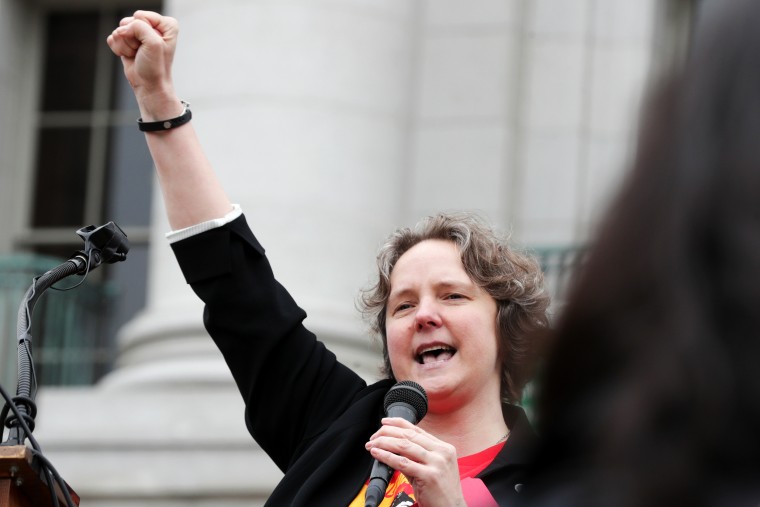
Unleashing Free Cash: How Cities are Revolutionizing anti-poverty Solutions
In light of persistent concerns about poverty and economic inequality, many cities across the United States are turning to free cash programs as a way to provide financial relief to residents in need. These innovative programs, often referred to as Guaranteed Income or Universal Basic Income initiatives, have been gaining momentum as a means to address the root causes of poverty and provide a safety net for vulnerable populations.
One of the cities at the forefront of implementing free cash programs is Stockton, California. In 2019, Stockton launched the Stockton Economic Empowerment Demonstration (SEED) program, which provided 125 randomly selected residents with $500 per month for 18 months, with no strings attached. The success of SEED garnered national attention and inspired other cities to follow suit.
As the idea of free cash programs gains traction, more cities are exploring the potential benefits and challenges of implementing such initiatives. Proponents argue that providing individuals with a guaranteed income can help alleviate financial stress, reduce income inequality, and stimulate economic growth. By putting cash directly into the hands of those who need it most, free cash programs empower individuals to make decisions about their own lives and well-being.
However, critics of free cash programs raise concerns about sustainability, cost, and potential unintended consequences. Questions have been raised about the long-term impact of these programs on workforce participation, inflation, and government finances. Skeptics argue that such initiatives may disincentivize work and create dependency on government assistance.
Despite the ongoing debate, the spread of free cash programs reflects a growing recognition of the need to address poverty and income inequality in a more direct and comprehensive manner. By experimenting with innovative approaches like Guaranteed Income and Universal Basic Income, cities are paving the way for a new paradigm in social welfare policy that prioritizes economic security and opportunity for all residents.
As more cities expand the anti-poverty safety net through free cash programs, it is essential to closely monitor and evaluate the outcomes of these initiatives. By collecting data, tracking progress, and engaging with participants, policymakers can gain valuable insights into the effectiveness and impact of guaranteed income programs. Ultimately, the success of free cash programs will depend on a combination of thoughtful design, evidence-based decision-making, and a commitment to addressing the systemic barriers that perpetuate poverty and inequality.
In conclusion, the rise of free cash programs represents a bold and innovative approach to tackling poverty and promoting economic equity in cities across the United States. By embracing these initiatives, communities can create a more inclusive and resilient safety net that supports the well-being and prosperity of all residents.
